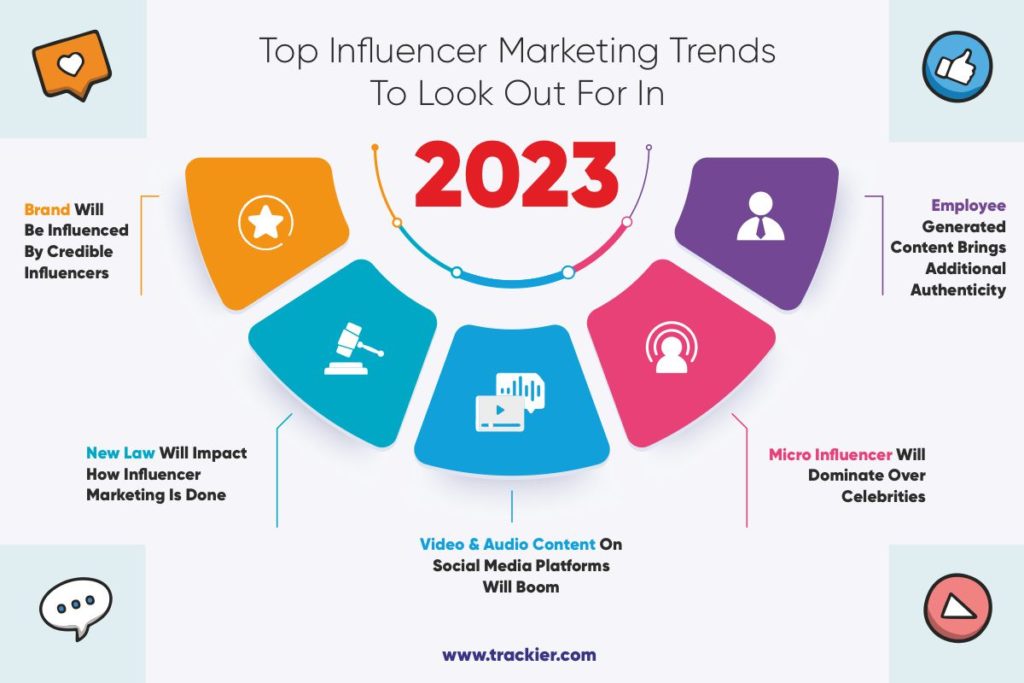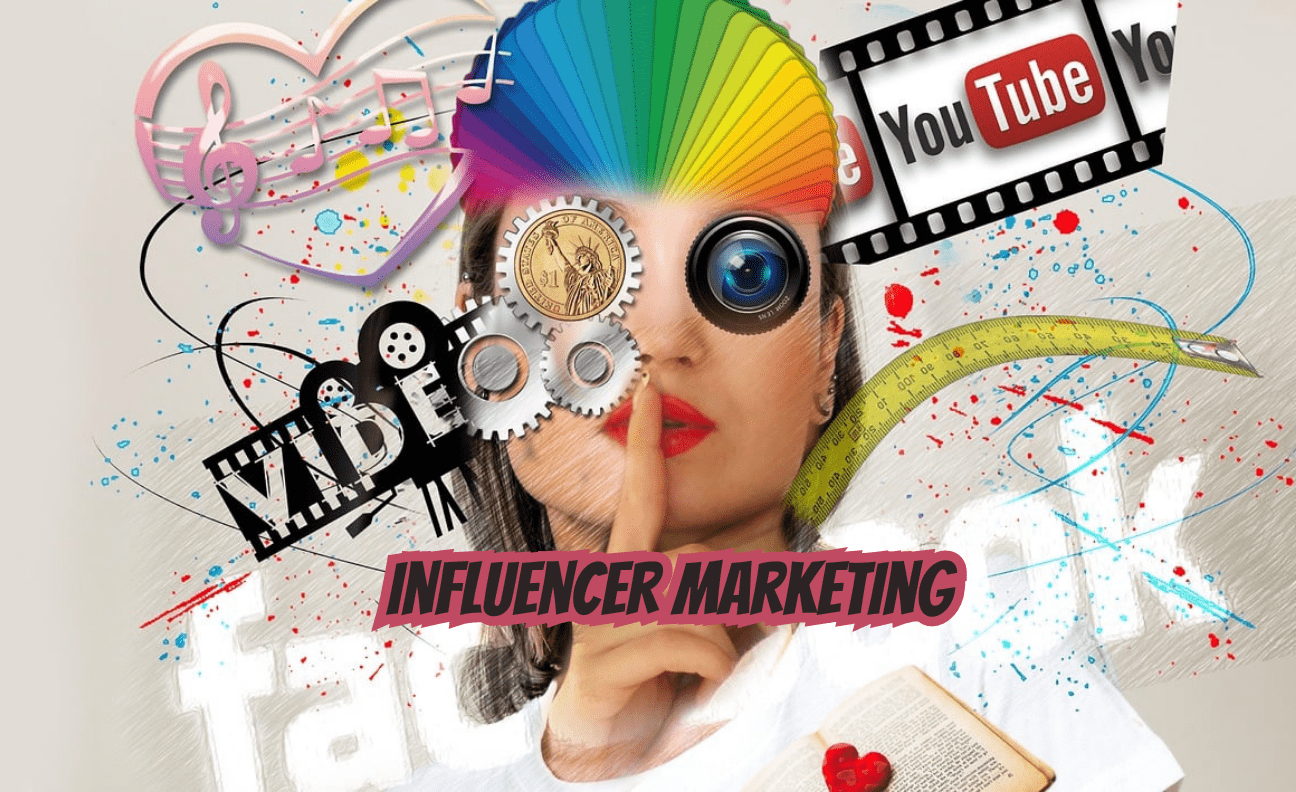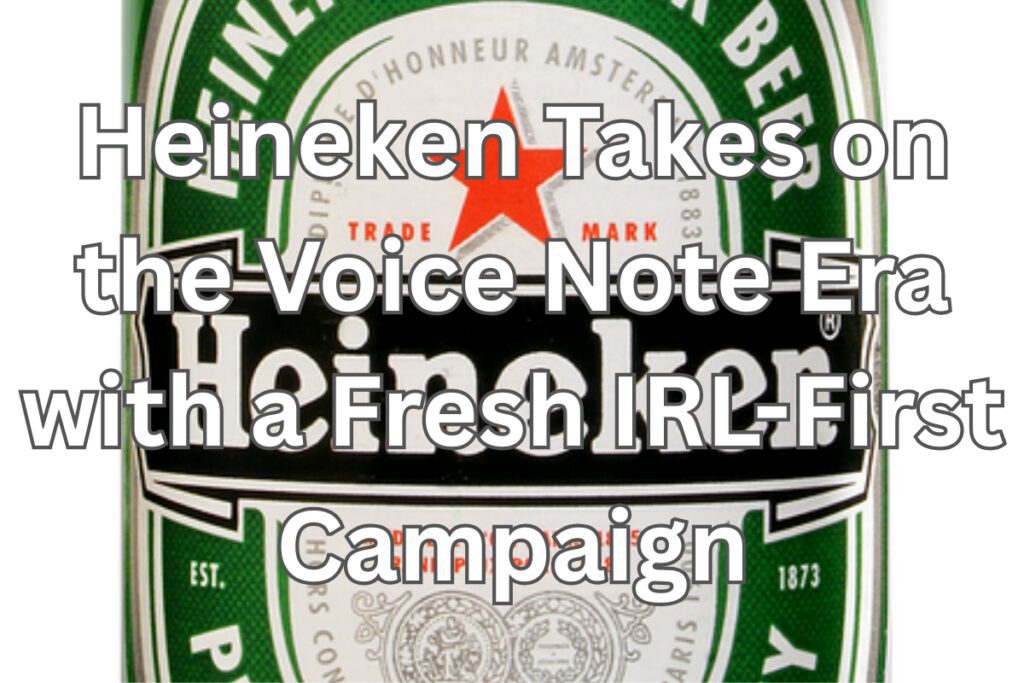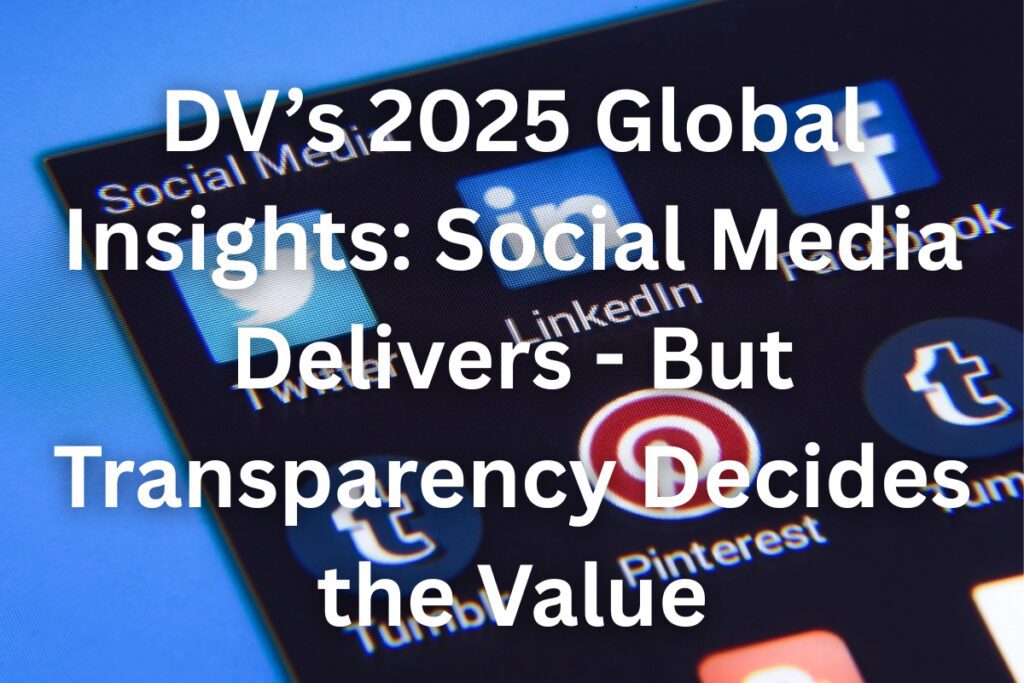In recent years, influencer marketing has emerged as a potent and dynamic strategy for businesses across various industries to establish meaningful connections with their target audiences.
As the creator economy continues to thrive and evolve, it is firmly believed that influencer marketing will play an increasingly significant role in shaping the future of relationships between brands and consumers, especially over the next five years.
Notably, the creator economy refers to the ecosystem of content creators who monetise their skills, expertise, and influence by leveraging online platforms; and also, with technological advancements, increased internet accessibility, and democratised content creation tools, more individuals are empowered to become creators and shape their own brand identities.
What’s more, this growth is further fueled by a younger generation that values genuine authenticity, personalised content, and relatable influencers.
The Rise of Micro- and Nano-Influencers
The influencer marketing landscape is experiencing a notable shift from mega-influencers and celebrities to micro- and nano-influencers. While mega-influencers may boast massive follower counts, the engagement and loyalty of their audience can sometimes be diluted.
Whereas, in contrast, micro- and nano-influencers have smaller but highly engaged and loyal followers. As a result, brands are increasingly recognising the value of these niche influencers, as they offer an opportunity to establish more authentic and intimate connections with their target audience.
For instance, if you’re a restaurant owner in a specific city, rather than chasing after celebrities with millions of followers, it would be more effective to target local micro-influencers who hold influence in the city you operate in. These micro-influencers are more likely to resonate with the local community and genuinely drive traffic to your business location.
The Future Of Influencer Marketing And The Expanding Creator Economy https://t.co/p5jBZdU97s Written by @oliviaormos of OO & CO
— Forbes Agency Council (@Forbes_Agency) July 10, 2023
Long-Term Partnerships for Deeper Brand Integration
As the influencer marketing landscape matures, brands are expected to pivot towards fostering long-term partnerships with particular influencers rather than relying solely on one-off campaigns.
This is because long-term partnerships not only provide continuity in marketing efforts but also enable deeper brand integration and foster stronger relationships between influencers and their audiences.
What’s more, the power of repetition plays a crucial role in the success of long-term influencer marketing. When an influencer consistently features a brand in their content over time, it reinforces the brand’s message and presence in the minds of their audience.
However, it is essential for brands not to over-dictate the content style or posting schedule for influencers as authenticity is paramount, and allowing influencers creative freedom ensures that their audience perceives the content as genuine, rather than scripted advertisements.
Collaborative Content Creation with Influencers
In an era where audiences seek authenticity and connection, brands need to involve influencers in the content creation process. By collaborating with influencers and tapping into their expertise and creativity, brands can create more authentic and compelling content that resonates deeply with their target audiences.
Therefore, it is worth saying that collaboration can take various forms, from seeking input on content ideas to co-creating branded content with influencers. For example, a beauty brand could collaborate with makeup artists to develop tutorials using their products, showcasing practical applications and tips.
Ultimately, this collaborative approach not only ensures a genuine representation of the brand but also strengthens the influencer’s bond with their followers.
TikTok and Short-Form Video: A Rising Force
TikTok‘s explosive growth has transformed it into a significant force in the social media landscape. As this platform continues to captivate audiences, brands are increasingly recognising its potential for influencer marketing.
Creating original TikTok content can be time-consuming, but brands are encouraged to leverage the content they have already created for other platforms, such as Instagram.
By repurposing existing content and tapping into user-generated content, brands can harness the power of TikTok’s vast audience base. Additionally, user-generated content can attract influencers to collaborate with the brand, amplifying the brand’s reach and impact.
Embracing Data-Driven Campaigns for Measurable Success
As influencer marketing matures in the near future, data and analytics will play an even more pivotal role in measuring campaign effectiveness and return on investment (ROI). Brands are increasingly turning to data-driven insights to make informed decisions before engaging with influencers and during the campaign’s lifecycle.
Metrics such as engagement rate, average views, content quality, follower demographics, and interactions provide valuable information to gauge the success of influencer campaigns.
Therefore, by analysing these metrics, brands can assess the compatibility and quality of content pre-campaign and ensure that the chosen influencers align with their target audience.

Potential Disadvantages to Influencer Marketing
Despite its advantages, influencer marketing poses challenges. Concerns about authenticity arise from deceptive practices, like fake followers and inauthentic endorsements. What’s more, brands also may only have limited control over influencer content, leading to potential misalignment with brand messaging.
Additionally, audiences may view sponsored content with scepticism, affecting the credibility of endorsements, while measurement and ROI assessment can also be fairly complex. Also, one-off campaigns may have limited long-term impact.
With this in mind, brands must carefully choose influencers to avoid association with controversial figures and reduce brand safety risks. Moreover, heavy reliance on influencers can make a brand vulnerable if influencers stop endorsing them.
Conclusion
Influencer marketing is a powerful and dynamic tool that has transformed the way businesses connect with their target audiences. As the creator economy continues to flourish, micro- and nano-influencers will continue to rise to prominence, offering more authentic and niche connections.
Therefore, going forward, brands are expected to seek long-term partnerships with influencers to foster deeper brand integration and stronger audience relationships. Collaborative content creation will drive compelling and genuine brand stories, resonating easily with audiences seeking authenticity.
By staying ahead of these trends and strategies, businesses can easily harness the potential of influencer marketing and forge enduring and lasting connections with their audiences in the ever evolving, ever changing digital landscape.









